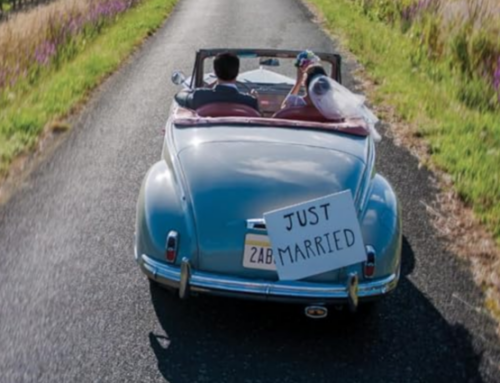by Lee Cole
It should go without saying that these ten entries are certainly not the ten “most essential” works in the history of human reflection upon the meaning of existence. Were that the case, the list would need to be amended to include the Bible, Plato’s Republic, the Shakespearean corpus, etc. These are simply ten works I’ve read since coming to college that both greatly delighted me at the time and offered some essential insights into the nature of being human. They represent varying degrees of centrality to the “Western canon.”
1. Summa Theologiae, Thomas Aquinas (I recommend all of it—well, all of it that I’ve managed to read—but the treatise on human nature from the Prima Pars and the sections on the habits and virtues from the Prima Secundae and Secunda Secundae are *perhaps* most relevant to what it means to be human.)
2. Confessions, Augustine
3. Josef Pieper’s essays on the virtues (collected in English in two volumes: Faith, Hope, and Love and The Cardinal Virtues)
4. The Intellectual Life, A. G. Sertillanges (more specifically intended for academics but any serious student would benefit greatly from its wisdom… if you are sensitive to such things, disregard the perhaps dated understanding of “gender roles.”)
5. The Brothers Karamazov, Dostoevsky
6. Nicomachean Ethics, Aristotle (I really love the De anima and think Bk. II of the Physics is absolutely essential, but I’m a bit weird (i.e., a philosopher).)
7. Brideshead Revisited, Evelyn Waugh (Read the text and then treat yourself to a bowl of strawberries and the 1981 BBC television adaptation–not to be confused with the more recent film adaptation.)
8. Morte D’Urban, J. F. Powers (It is admittedly an eccentric choice, but Powers is one of the more egregiously overlooked authors of 20th c., even though Morte D’Urban did win the 1963 National Book Award).
9. Leaf by Niggle, J.R.R. Tolkien (a delightful and edifying little read, at least from what I remember of it; an alternative to Tolkien’s longer, more widely-known works)
10. Divine Comedy, Dante Alighieri
Books mentioned above and others texts important to the Western Tradition may be found in The Imaginative Conservative Bookstore.
Lee Cole is tall and ridiculously good looking. He’s also a philosopher at Hillsdale College.








O.K., so I've seen a couple of _Brothers K_ recommendations here. Let me offer an a couple of recommendations for translations. Pevear and Volokhonsky is an excellent one, probably the best out there. Ignat Avesy's translation out of Oxford UP is also quite good. I used it (because we used Pevear and Volokhonsky so often) when I taught a year-long seminar on Dostoevsky.
For _Crime and Punishment_, again, Pevear and Volokhonsky is hard to beat, though I am simply a fan of Jessie Coulson's. Most readers know _C & P_ from Garnett's translation (as with _Brothers K_), and you really should treat yourself to one of these others.
Though the BBC did do some fine in the 1980's this was not one of them as Brideshead Revisited is a 1981 British television serial produced by Granada Television for broadcast by the ITV network.
Thanks for the small correction, "Anonymous." I own the DVDs but never verified whether the BBC had, in fact, produced the series (I was actually suspicious at the time that Granada was the responsible party; come to think of it, Granada/ITV has made a number of worthy "cultural" contributions).
As for being "ridiculously good looking"–well, I'm not sure my wife would even be that generous (except, perhaps, when we were dating)!
-Lee